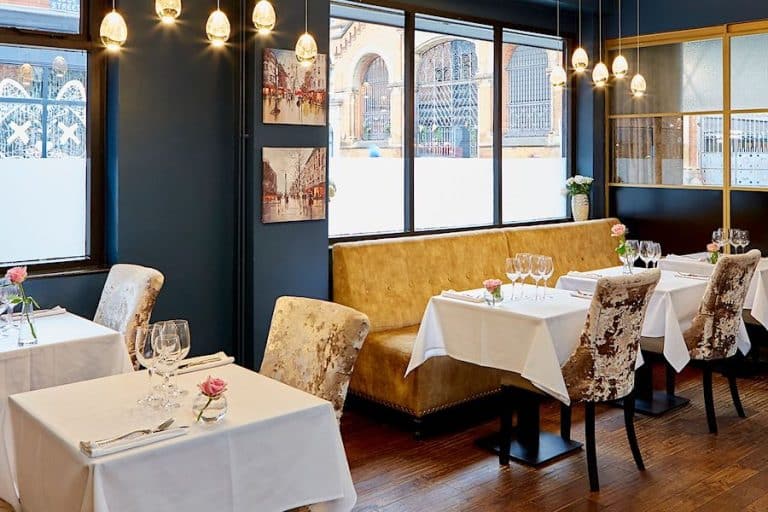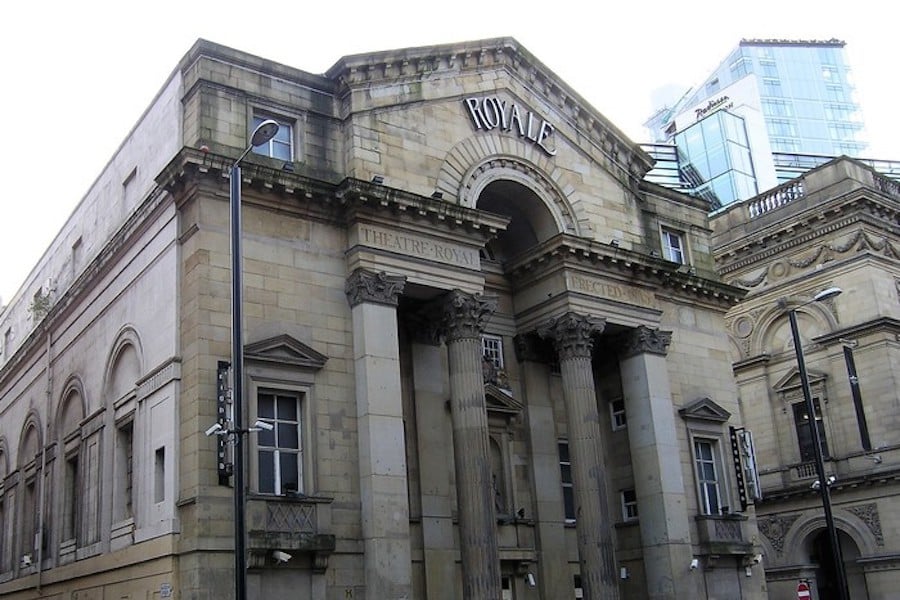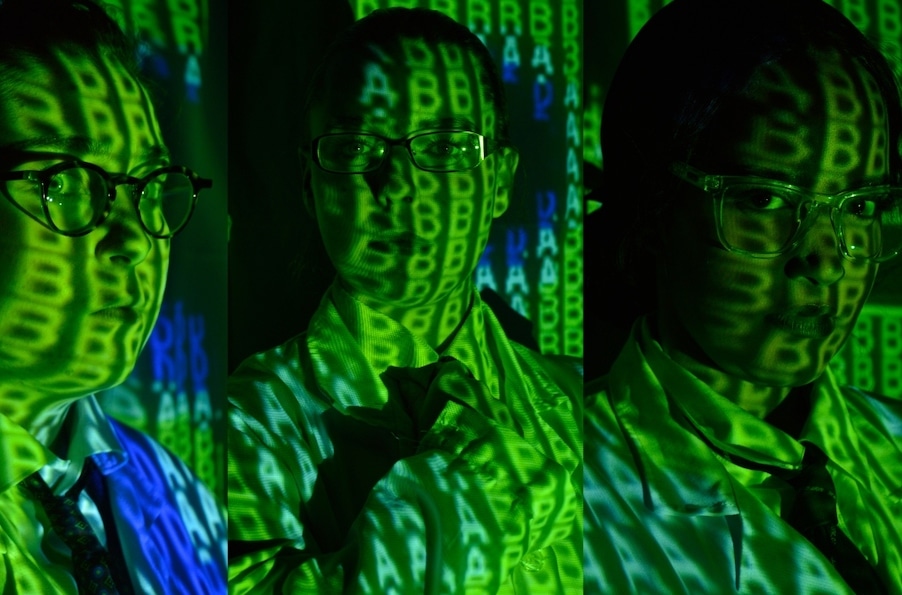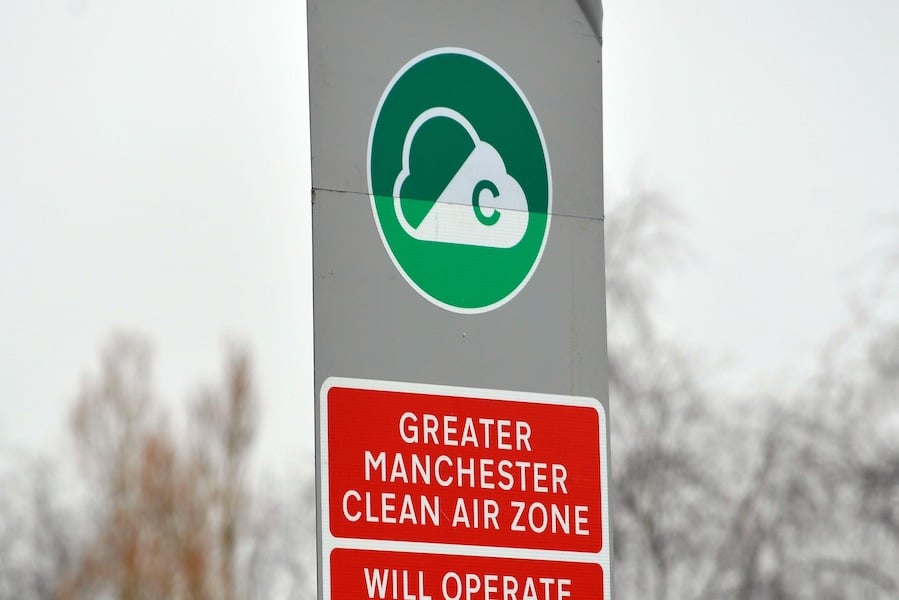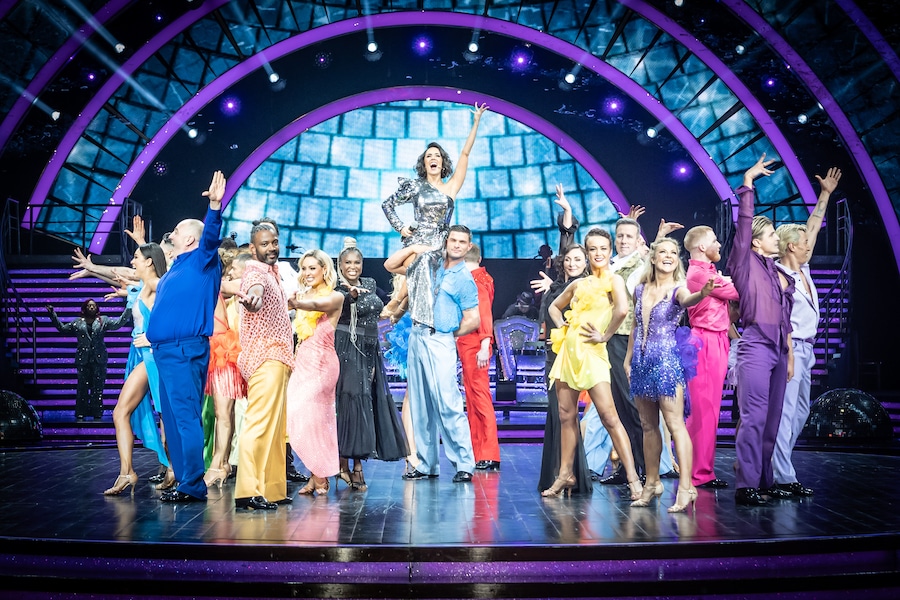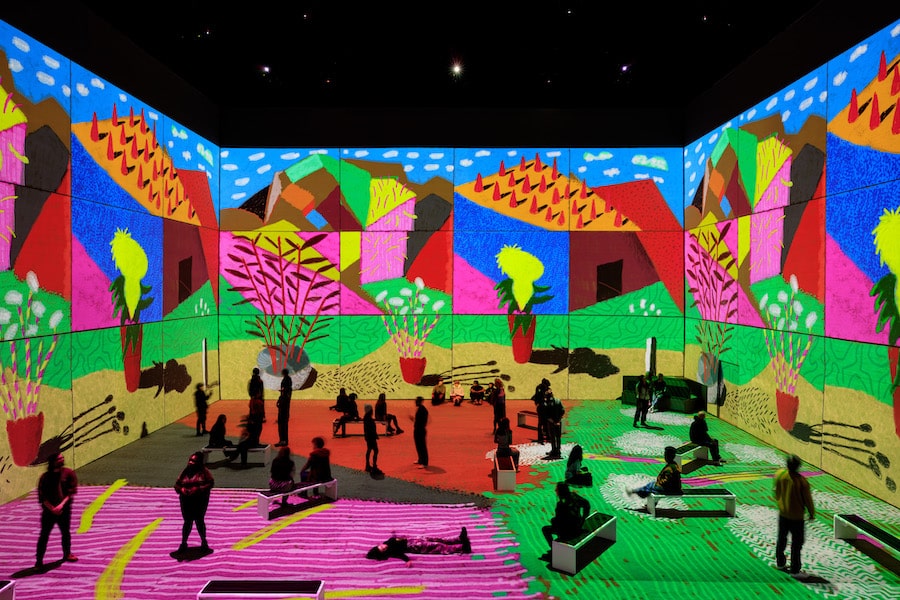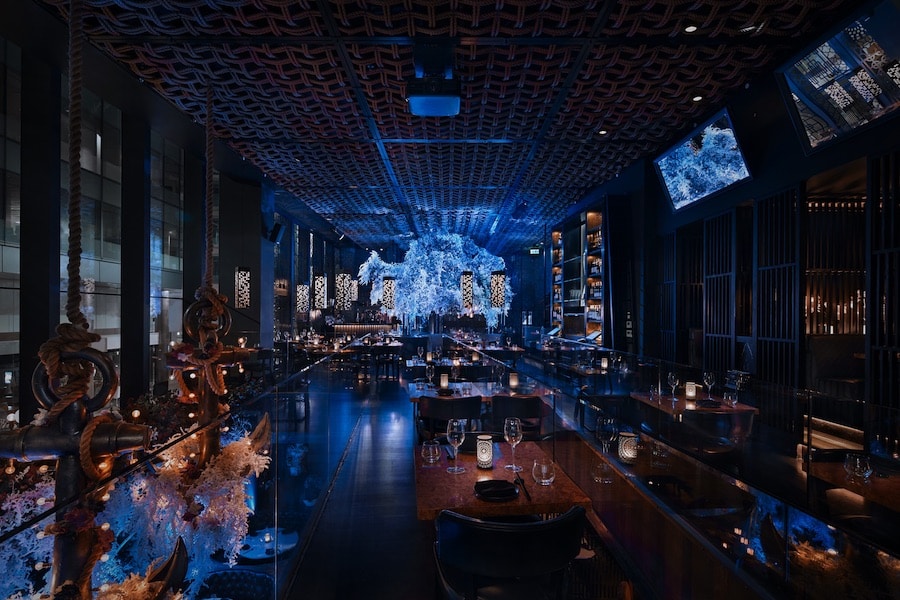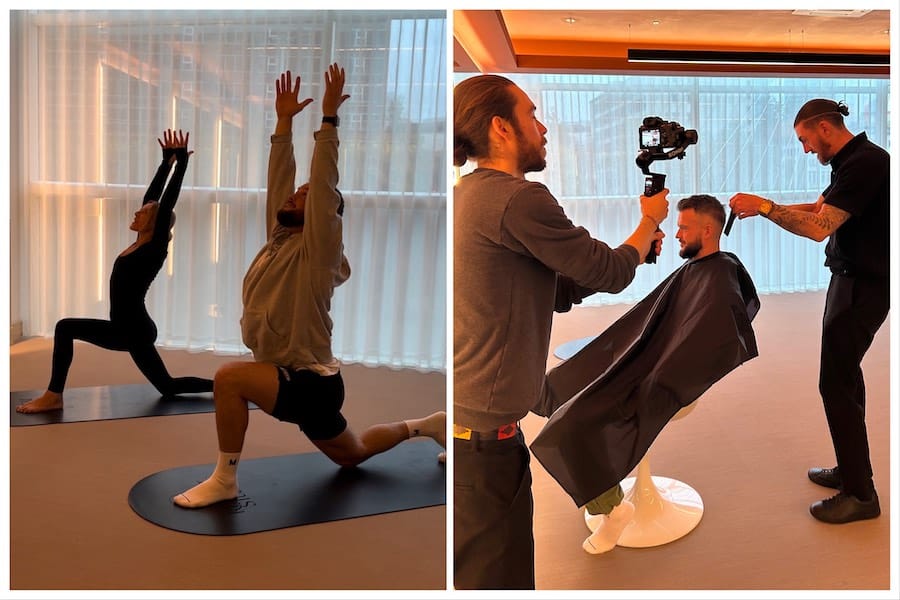How Sounds from the Other City became the UK’s most unforgettable independent festival
- Written by Thom Bamford
- Last updated 47 minutes ago
- City of Salford, Community, Events, Featured, Festivals, Music
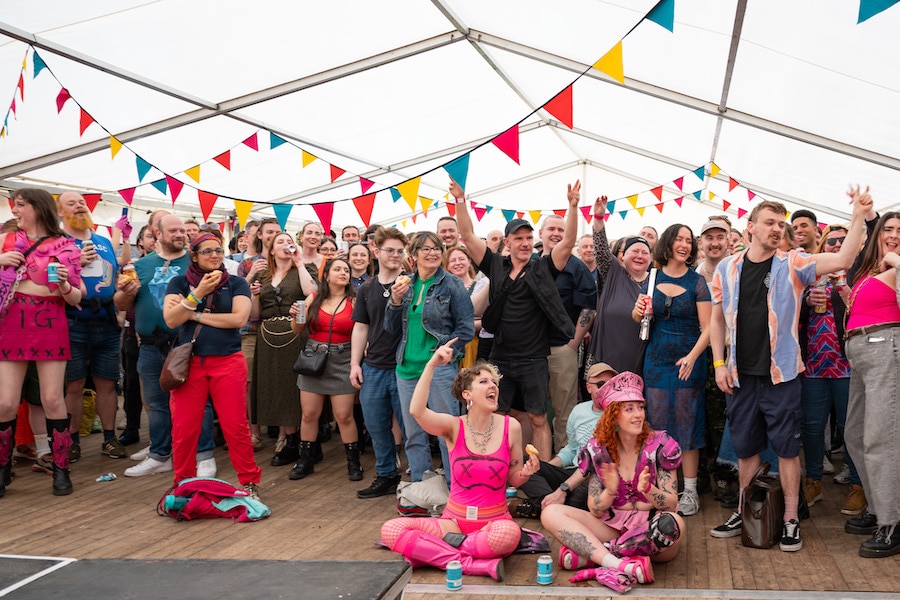
There’s something magic about Sounds from the Other City (SFTOC)—a spark of chaos, a pulse of discovery. The festival is a playground for the unknown, where the next big thing is playing in a back room above a pub and every corner of Salford is abuzz with possibility. For 20 years, SFTOC has been a home for grassroots music, a celebration of the independent, the unexpected and the bold.
What began in 2005 as an experiment—a scrappy, DIY event born out of curiosity and a love for live music—has grown into one of the UK’s longest-running independent festivals. And yet, through all the years, SFTOC has never lost its essence.
It remains fiercely loyal to its roots: a festival shaped by the city it inhabits, built on trust, collaboration, and a belief in the power of new music. It doesn’t just showcase emerging artists—it cultivates them, creating moments of magic in the most unexpected places.
Sounds from the Other City
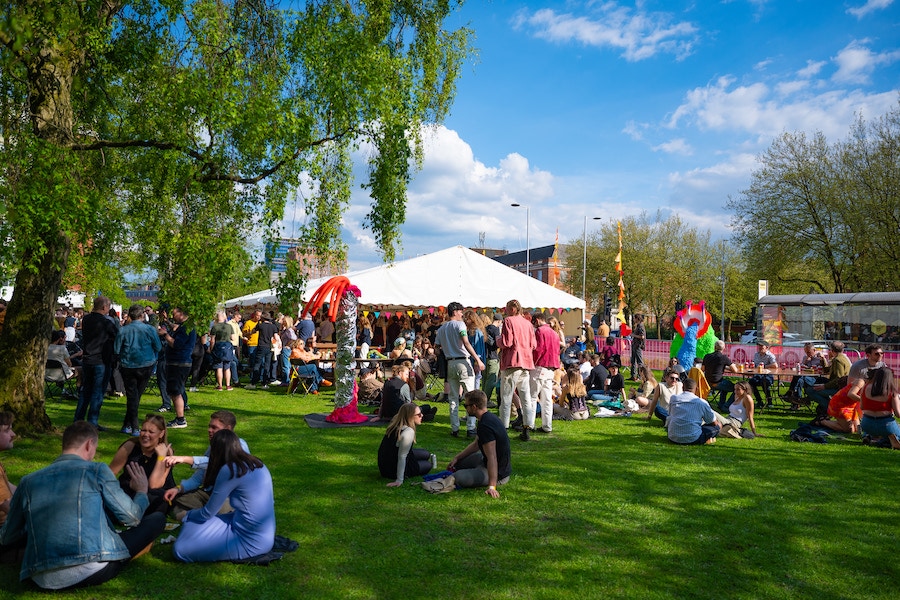
What started as a small, chaotic experiment in 2005 has become one of the UK’s longest-running independent festivals—an annual celebration of new music, community, and unconventional spaces.
“Back in 2005, my brother and I were based at Islington Mill, an artist studio space in Salford that had been a cotton-spinning mill,” recalls festival director Mark Carlin. “There were many musicians in the space, and we had a small recording studio there. We started hosting events and became increasingly intrigued by the surrounding area. Despite being so close to Manchester city centre, Salford felt like a world apart—there was a psychological distance that kept people away.”
Chapel Street and Bloom Street
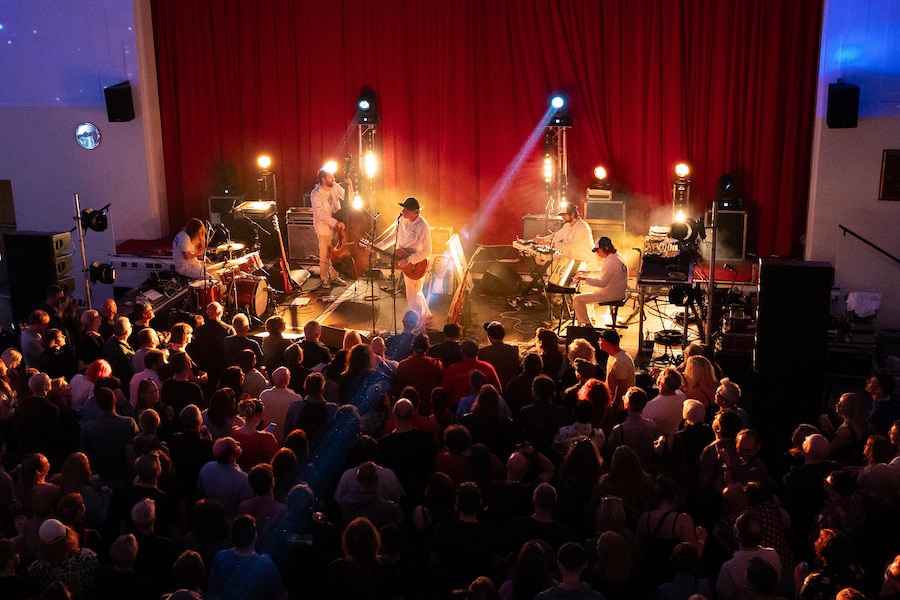
The first edition of SFTOC took shape around the crossroads of Chapel Street and Bloom Street. “There were four pubs there, and we thought it would be fun to organise something,” Mark said. “Our initial attempt didn’t quite work out, but we kept developing the idea, and it eventually evolved into an event spread across four different venues. Rather than curating the lineup ourselves, we decided it would be more rewarding to invite different promoters—people already doing great work year-round—to curate their own stages. This approach gave each stage a unique identity.”
That spirit of collaboration remains at the heart of SFTOC, which celebrates its 20th anniversary on May 4th, 2025. This year’s lineup features Du Blonde, Grove, Astrid Sonne, The Orielles, and over 100 more acts, all selected by an evolving group of independent promoters, selectors and tastemakers. The festival will once again take over 15 unconventional venues across Salford, from pubs and churches to concert halls and art spaces.
For Mark, the festival’s identity has always been defined by trust—between the organisers, promoters, artists, and audiences. “Most of the artists we book are still relatively unknown when they perform here. What makes the festival special is that people attend even if they don’t recognise a single name on the lineup. There is a deep trust in the event and in the people behind it—the live promoters, music venues, radio stations, and record labels. That trust has been built over time.”
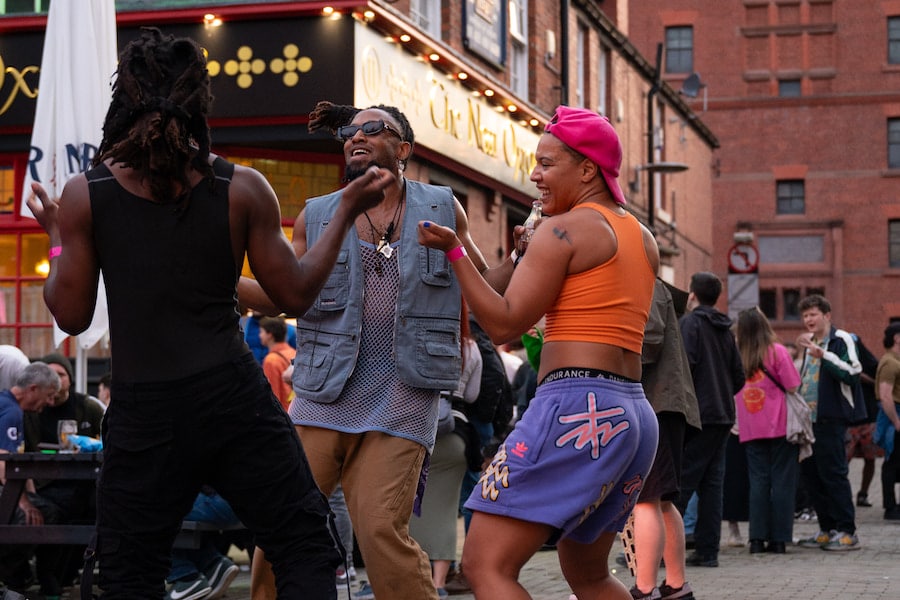
Over the years, SFTOC has provided a platform for emerging artists who later became household names. “The Ting Tings, who were based at Islington Mill, played a tiny venue called The Rover’s Return—which isn’t even a pub anymore—to around 80 people,” Mark recalled. “They performed songs that would later become huge. But for us, the excitement comes from the community—the energy of those people coming together.”
The Ting Tings at Sounds From The Other City
Reflecting on the legacy of the festival, Katie White from The Ting Tings said: “O performance at Sounds From The Other City 2007 marked an important step for us as a new band. It gave us an opportunity to hone our performance with an open minded and supportive crowd in a very hot and sweaty pub! Those kinds of moments are invaluable in building a career as artists and amidst all the intense touring that followed, it remains a strong and important moment for us that we can remember crystal clear with full hearts.”
That community spirit is essential, especially in a time when the grassroots music sector faces increasing challenges. “It’s incredibly difficult, and I don’t think anyone working in this space would say otherwise. The financial realities of running a small event—like any small hospitality business—are tough. It’s a constant challenge to preserve the festival’s identity while keeping it sustainable. There’s no magic solution, but prioritising collaboration and working towards shared goals has been our approach,” added Mark.
Salford University’s brutalist Maxwell Hall
This year’s festival will see performances across a diverse range of spaces. Salford University’s brutalist Maxwell Hall will host Grove ft. Toya and TaliaBle’s incendiary soundclash, while Islington Mill’s event space will feature The Orielles, Loose Articles, and electronic producer Tom Sharkett. Peel Hall will provide the perfect setting for Astrid Sonne’s woozy, wonky compositions, and The Old Pint Pot will welcome Dublin’s electro-punk trio YARD. Meanwhile, St Philip’s Church will play stage to the kuduro-flavoured grooves of bassist Marla Kethe, and historic Bexley Square will see the return of SEEN’s day party.
The festival’s unconventional use of space is a defining feature. “Very few of the spaces we use are traditional venues. Most of them are repurposed for the day—you might find yourself upstairs in a tapas bar, inside an exam hall, at the heart of an art gallery, in a café, a church, an artist’s studio, or even a photography studio,”Mark explained. “For the artists, it’s exciting because it’s different—though it can also be challenging since they’re not traditional performance spaces. For the audience, there’s a real sense of adventure as they explore locations they might not normally visit. That element of discovery is a key part of the festival’s appeal.”
Sounds From The Other City 20th Anniversary
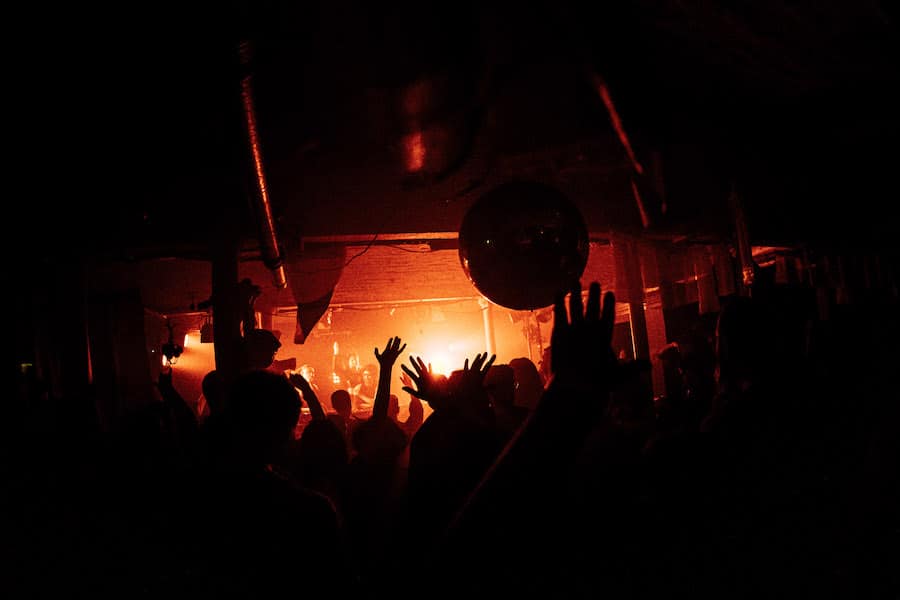
As SFTOC marks its 20th anniversary, its legacy is clear. The festival has long been a launchpad for some of the most exciting talent in the UK, with past performances from artists such as Sampha, IAMDDB, and Black Country, New Road. This milestone edition will continue that legacy, offering a unique snapshot of Greater Manchester’s music scene and showcasing the next generation of independent artists.
For Mark, SFTOC’s greatest achievement is its ability to inspire others. “Above all, I’d love for people to take away the belief that doing your own thing is possible. That coming together as a community, combining energy and creativity, really matters. It’s not always easy, but it’s powerful. After two decades, there are countless stories attached to the festival—personal moments, people who met here, creative breakthroughs that sparked something new. Those moments are what make it special.”
Sounds from the Other City is an exciting showcase of the power of independent music, grassroots creativity, and the vibrant community that has kept it alive for 20 years. And, as Mark puts it, “It’s incredibly rewarding to still feel excited about bringing it all together after all these years.”
The team from Sounds From The Other City are now putting together an archive of documents and media showcasing the history of the festival on the Manchester Digital Music Archive (MDMA). If you feel like you’ve got something that could help tell their story, please click here.
Tickets for Sounds from the Other City
Tickets go on general sale on Friday 7th February, with pre-sale access for registered subscribers from Tuesday 4th. Find out more, explore the line-up and register for pre-sale on their website here
- This article was last updated 47 minutes ago.
- It was first published on 3 February 2025 and is subject to be updated from time to time. Please refresh or return to see the latest version.
Did we miss something? Let us know: [email protected]
Want to be the first to receive all the latest news stories, what’s on and events from the heart of Manchester? Sign up here.
Manchester is a successful city, but many people suffer. I Love Manchester helps raise awareness and funds to help improve the lives and prospects of people across Greater Manchester – and we can’t do it without your help. So please support us with what you can so we can continue to spread the love. Thank you in advance!
An email you’ll love. Subscribe to our newsletter to get the latest news stories delivered direct to your inbox.
Got a story worth sharing?
What’s the story? We are all ears when it comes to positive news and inspiring stories. You can send story ideas to [email protected]
While we can’t guarantee to publish everything, we will always consider any enquiry or idea that promotes:
- Independent new openings
- Human interest
- Not-for-profit organisations
- Community Interest Companies (CiCs) and projects
- Charities and charitable initiatives
- Affordability and offers saving people over 20%
For anything else, don’t hesitate to get in touch with us about advertorials (from £350+VAT) and advertising opportunities: [email protected]
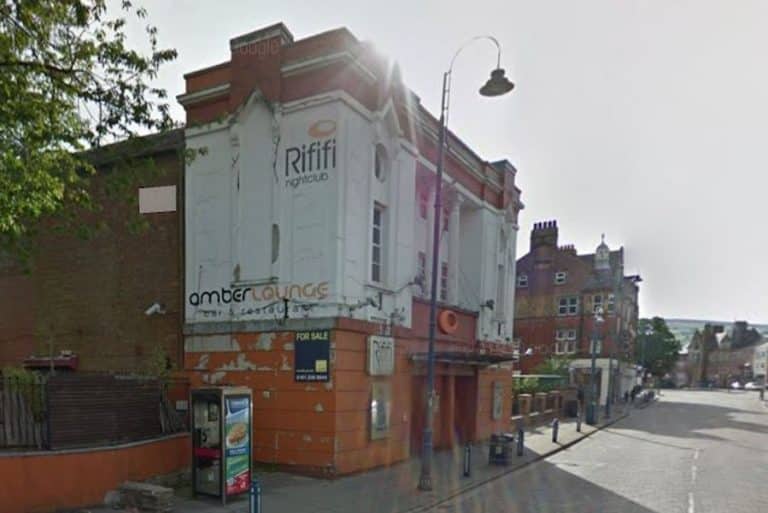
Old nightclub at the heart of ‘Staly Vegas’ could be transformed into new food hall
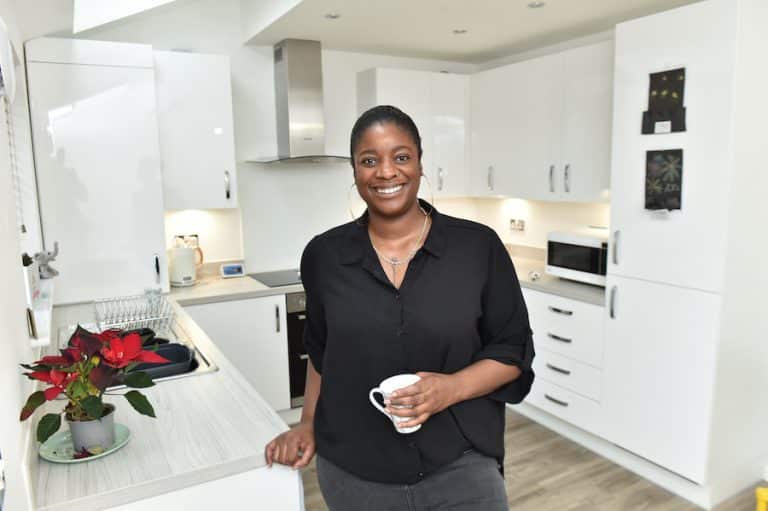
The shared ownership scheme that gave Fiona the family home she always wanted
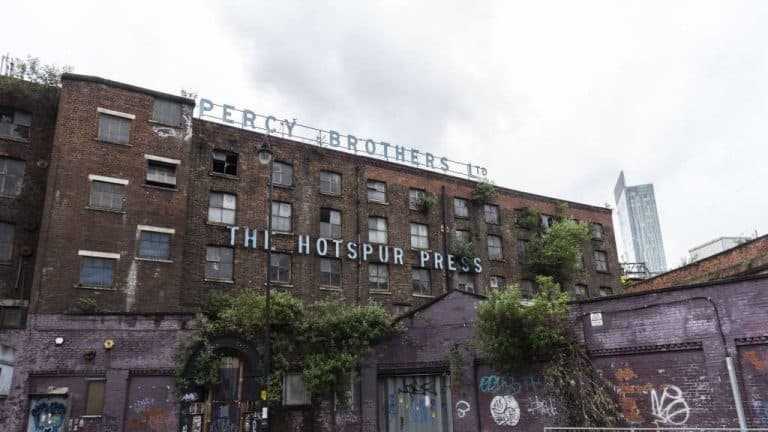
Historic city centre building to be SAVED following public outcry

How shared ownership can get you on the property ladder in 2025
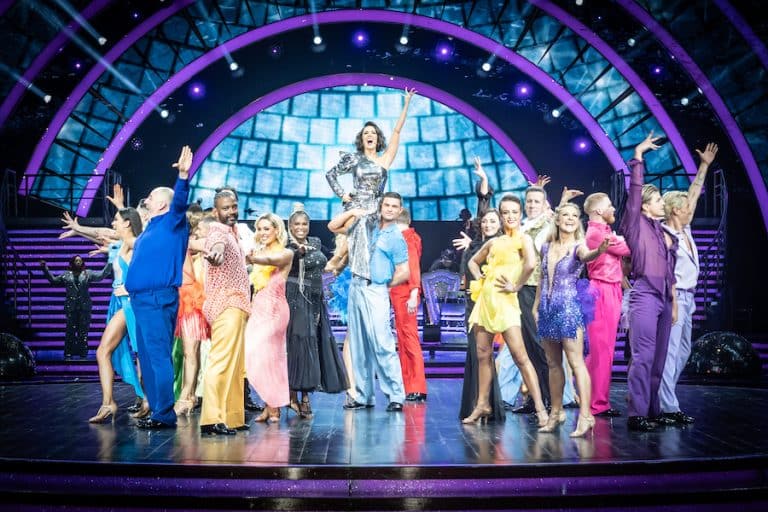
Review: Strictly Come Dancing at the AO Arena is ‘joyous, slick and strictly brilliant’
